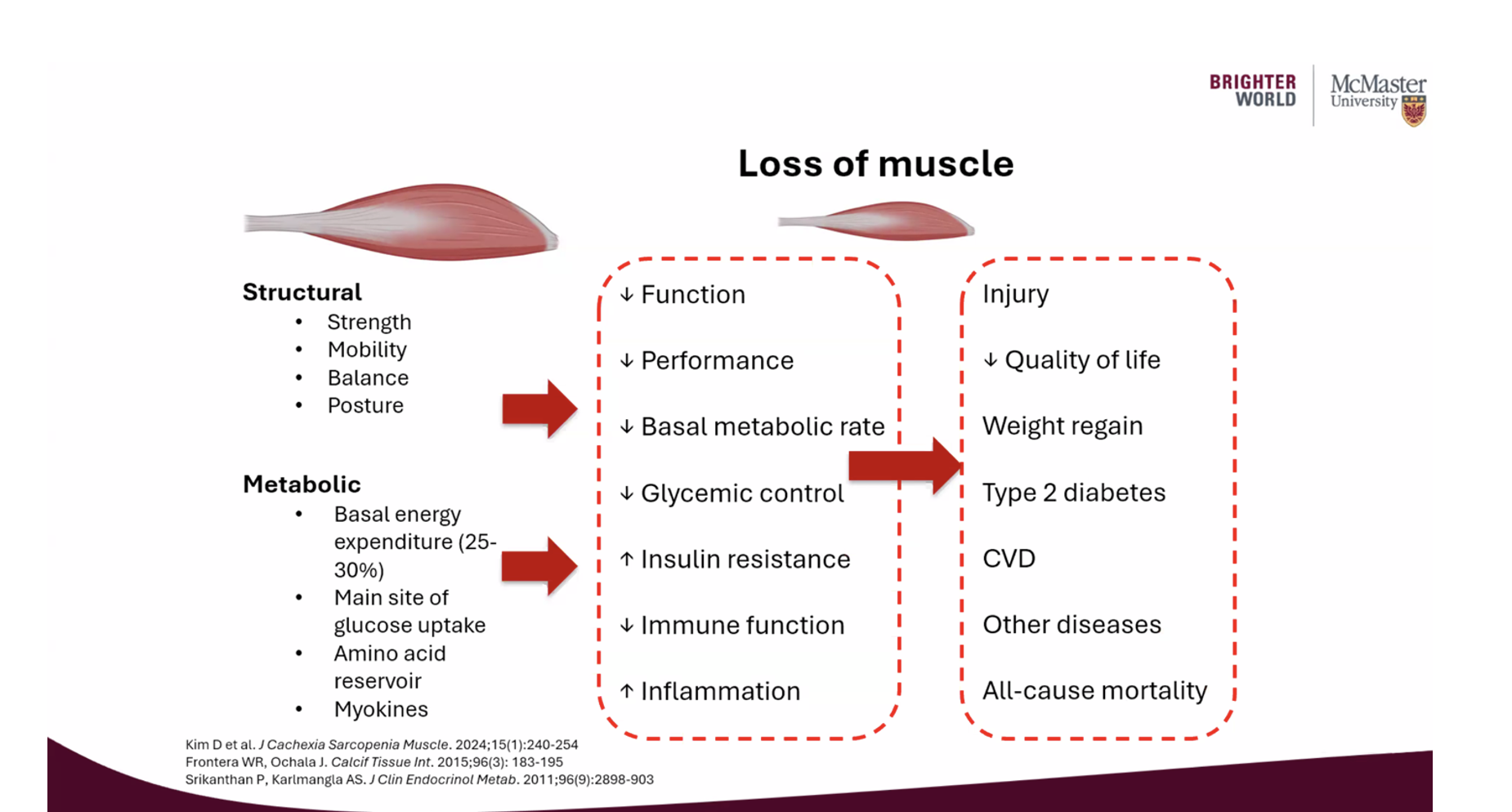“Over 20 % had nutritional deficiencies diagnosed within one-year of starting GLP-1RA treatment”
More and more women are using GLP-1 medications for weight loss, as well as to improve insulin sensitivity, cardiovascular health and even kidney function. You’ve probably heard a lot of talk about medications like Wegovy, Zepbound or Rybelsus online and perhaps in your family or social circles.
These medications can be incredibly helpful and supportive for some people, and indeed, women ages 50-64 are the largest group of users. It’s also true that menopausal weight gain can be highly distressing for many of us (raises hand) - and it feels like it comes out of nowhere and increases exponentially without stop (It does stop though, I promise!). So it’s understandable that many are turning to these medications for support.
Medication decisions are very personal and should be undertaken between you and your doctor. Some medications are better for some people than others, and everyone responds differently. It is not up to me to advise anyone on whether or not a certain medication is optimal for them.
However, I want to share a few important nutrtional reminders about undertaking rapid or highly aggressive (15+ kg) weight loss during the menopause transition, as there can be negative health effects.
Recent studies have indicated that GLP-1 use can lead to highly significant muscle loss - upwards of 25% of total lean muscle mass in some cases (studies linked below). It’s unclear if this effect is related specifically to the medications (likely not), or (more likely) to the rapidity and quantity of weight lost. However, the studies are also clear that there is also a significantly increased risk of bone loss and fracture risk as a result of this rapid weight loss. And menopause is a terrible time to increase already accelerating bone loss!
We know that muscle is the “metabolic furnace” of our body, and with less muscle comes slower metabolism, increasing fat deposits, and the metabolic risks that come with this - increased inflammation, risk of cardiovascular disease and insulin resistance (see the 2nd image below). Just because someone loses weight does not automatically make them healthier, and during this stage of life it’s important to look at all health indicators, not just weight or BMI: Quality of weight loss matters (image 1). “Sarcopenia” is medically significant muscle loss and can lead to myriad health issues in your 60s, 70s and 80s.
If you’re taking a GLP-1 medication or considering it, please talk to your doctor in depth about pros and cons, and come see me or your own dietitian to create a customized nutrition plan to ensure you maintain muscle and bone health while losing fat.
A few basic nutrition and lifestyle tips when taking GLP-1 medications:
Increase protein intake to at least 1.2-1.5 grams per kg of body weight.
Try not to skip meals. This can lead to glucose fluctuations, low energy and missed nutrients.
Make sure to hydrate well (2 liters of fluid daily is a good rule of thumb).
Eat plenty of fiber (25+ grams) daily for good gut health (these meds can slow down digestion and cause constipation).
Get regular physical activity (aim for 30 minutes daily).
Add strength training to your exercise routine at least twice weekly. This is CRITICAL! If you haven’t ever lifted weights before, don’t worry. There are lots of great beginner resources out there.
Check your body composition regularly (at the gym or in your dietitian’s office) to ensure that muscle loss remains low to moderate. I offer body composition assessments to all my clients.
If possible, get a DEXA scan to check bone mass prior to embarking on GLP-1 use to have a baseline of bone mineral density.
Consider a multivitamin supplement as well during the first 3-6 months, as this studies have shown that nutritional deficiencies can develop in GLP-1 uses in 6 months or less!
A final note: Again, these medications are potent and powerful, and can be helpful for many people, though they are not appropriate for everyone. This is not an article designed to persuade anyone against them. My goal is to ensure individuals have the information they need to remain strong, healthy and vital for decades to come


